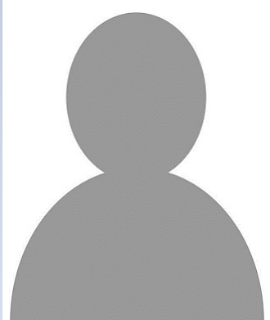Title : Traditional methods of knowledge transfer and acquisition with special reference to indigenous knowledge of indigenous medicine in Sri Lanka
Abstract:
I ndigenous Knowledge (IK) is considered as a national heritage of a country. It is unique to a specific geographical area or specific community even in the same country. Rural communities use IK as a mechanism which provide the basis for decision making on their livelihood. Indigenous medical system refers to local health care systems that have been practiced by local communities in many countries for thousands of years. The system encompasses plants, animals and minerals based medicines, spiritual therapies, rituals and astrology. Indigenous medical system is not only a healing system but also it is a life style which teach people to manage their lives and associated flora and fauna. Sri Lanka is a country where rich in IK on different subjects including agriculture, water management, indigenous medicine etc. The indigenous medical system of the country referred as ‘Deshiya Chikitsa’, ‘Sinhala Vedakama’ or ‘Hela Vedakama,’ which is very popular especially in rural communities. The main objective of this study is to explore existing methods of knowledge transfer and acquisition in Sri Lanka on indigenous medicine. The qualitative method was employed for this study. Selected indigenous medical practitioners were the study population and data collection was done through documentary survey and interviews. It is identified that IK of indigenous medicine remain as tacit and explicit forms. On the acquisition of Indigenous Knowledge (IK) of indigenous medicine, predominantly local and individual, including parents or family 17 (85%) and through institutional education and practiced as an apprentice under reputed traditional indigenous medical practitioner 03 (15%). Two out of the three above-mentioned indigenous medical practitioners are registered as indigenous medical practitioners. The other respondent is an unregistered practitioner who performs his practice with spiritual power developed by himself. The views of respondents in relation to transfer their indigenous medical knowledge to the next generation can be summarized as:
1. The knowledge can be transferred only within the family members through learning hard, demonstration, observation, and practice
2. The knowledge cannot be transferred; it must be grabbed by interested persons
3. Knowledge can be transferred to a non-relative, but should be an interested and a reliable apprentice
4. The knowledge cannot be transferred at all



